Sunday 6th to Sunday 13th December
At lunchtime on our third day up the river we reached the Yalitendi ferry crossing. This is a busy crossing with two ferries carrying cars, buses, lorries and numerous people across. It is where the main highway from Dakar crosses the river Gambia, linking northern to southern Senegal. We were surprised to see another yacht at anchor there, which belongs to Eddi and Almuth, a Swiss/German couple who have been sailing the world since the 1990s. Eddi is 79 and amazingly fit – and forthright in his opinions. They recommended a trip that they had just undertaken, by road to Georgetown much further up the river, where they had seen hippos. It was clear that we weren’t going to get that far with the progress we were making and so they arranged for Dam, an ambitious young local man, to arrange a similar trip for us for the next two days.
I was keen to visit the Sunday market in nearby Farafenni so Dam took us off by taxi, then horse drawn cart to the market. I was initially reluctant to use such a touristy form of transport until I realised that this was how the locals all travelled. Most of the horses looked healthy and well cared for, although ours was particularly gaunt with a bony rump and pulled a cart with 6 to 8 people wedged on board. The market was a very international affair with vendors from Senegal, Mauritania and Mali as well as the Gambia and we seemed to be the only tourists around. We stocked up with fruit, vegetables and bread. Although the women are friendly they are reluctant to have their photos taken, although some will if you slip them enough coins. They look gorgeous in bright, colourful dresses with matching scarf wrapped around the head, long skirts with frills and tops with peplums. They are vibrant and laughing. Despite it being a Muslim country, bare shoulders, arms and midriffs are completely acceptable, and they breastfeed openly and unselfconsciously in public in a way that would cause much tut-tutting back in the UK.
The next morning Dam came over early in a boat to collect us and we left Vega at anchor. We transferred from one taxi to another in Farafenni, due to leave at 8am. At 9am the driver hot-wired the ignition and we were off… and stopped round the corner where we picked up a few more passengers; at 9.25 we were finally off. It was a two-hour journey to Georgetown, along metalled roads in excellent condition. Along the way there were about 6 police and army check points, where the taxi was stopped and documents and passports were inspected. Apparently they are looking out for criminals from Senegal and drug-runners. At one stop I got out to photograph the Mission Statement painted on the outside of the local Health Centre. I was ordered to go to the office of the top man at the army check point and berated for taking a picture without official permission. Despite trying to explain how interesting it was for me as a doctor, he insisted that I delete the photos that I’d taken. It wasn’t worth arguing with such a bully; Eddy and Almuth had come across a similar character on their tour who had delayed their journey by 3 hours.
It was great to be able to see some countryside after our limited scenery of mangroves along the river. It is mostly flat, dry, with small villages with grass roofs and large mosques along the way.
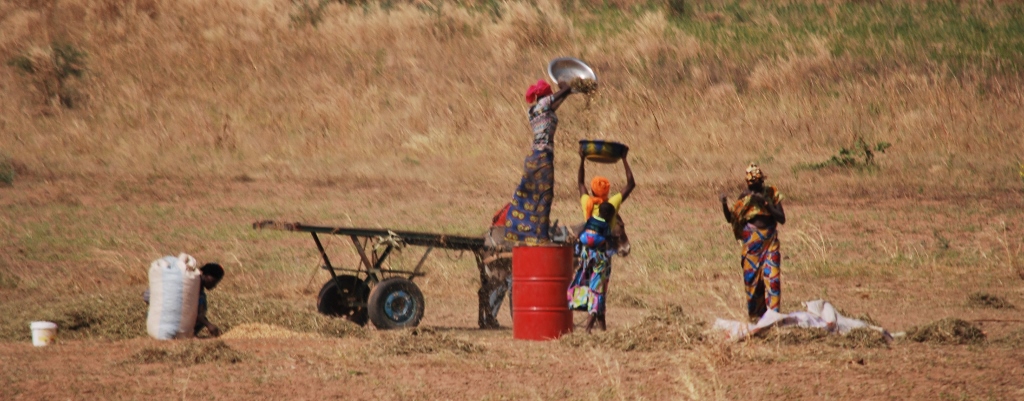
Georgetown, now renamed Jangjang-Bureh, on McCarthy Island is a small, run-down, neglected place 130 miles up river, which used to be an important colonial administration centre. Some enterprising locals have used old ruined Victorian warehouse buildings and created a new history for them as slave houses. We were shown around one complete with scaffolding clamps passed as slave shackles, and asked to sign the visitors book with supposed donations from previous visitors, the 100 dalasi (about £2) entries clearly changed to 900’s. Whilst we are prepared to pay inflated tourist prices and haggle, we weren’t sure whether to laugh or get upset at such blatant dishonesty.
In the afternoon we took a boat trip down the river in search of hippos. Unfortunately, they were being particularly shy and elusive that day, although we saw an African eagle, a family of red Colobus monkeys which were having fun swinging in the trees and making a racket, and we spotted a six-foot long monitor lizard swimming and then later sunning itself on the bank.

We spent the night at the Sensending Kolong Lodge, no electricity, mosquito nets in the huts and showers of river water. The food was good, a buffet of fish and rice by candlelight, shared with the other 6 people staying there, and run by a family with a two-year-old son who ran around waving a carving knife as a toy until the horrid tourists took it off him.
On the way back by road the next morning we stopped at the Wassu stone circle, apparently the same age as Stonehenge. We visited a school where we donated the exercise books and pens that we had brought and were mobbed by the children who all wanted to shake our hands… It felt like a royal visit!
The next morning, we headed back down river in Vega and stopped for the night outside the village of Tendaba, which has a tourist camp with a bar, restaurant, conference facility and, most wonderfully, with Wifi. They were running a UN funded course for Gambian women on family planning. We negotiated a trip early the next morning with a local man, Mr Faye, to the Wetlands on the opposite bank, in the hope of seeing crocodiles basking on the mud banks in the morning sun. The crocodiles were not cooperating, but we had a magical three hours motoring and paddling through narrow creeks and saw a profusion of different birds. We spent an afternoon in Tendaba village accompanied by young children, and were shown by a young man, Mamadi, around the rice fields which are split up between local families. A teacher from the local primary school and Alieu, the head teacher’s bright and engaging 9-year-old son, took us to their school. It was dismal and run-down and although students from a college in the UK had been involved in renovating the kitchens and had built a block for teachers to stay in, this had never been occupied as, we were told, the villagers had decided anyone who stayed there would be killed by a devil. We had already given all our exercise books away but made a donation to buy rice and oil for the children’s lunches. We met the head teacher, a single mother of two boys, and I gave her the children’s clothes we’d brought out, donated by generous friends at home, to distribute as she felt fit.
The following night we anchored in a creek off the main river and on our last day on the River Gambia we continued back towards Banjul. As we had been so unsuccessful catching fish we tried to buy some from passing fishermen. They refused payment but unfortunately the little fish they gave us were several days old and not for eating. We dropped anchor to visit James island, now renamed Kunta Kinte island after the ancestor of Alex Haley, the author of Roots, who was apparently enslaved from a nearby village. James Island was a British colonial trading post since the 17th century and the rather bleak and tiny island contains the ruins of Fort James. The island was deserted apart from a fisherman asleep at the top of a light tower. As we returned to Vega in the dingy, a pirogue drew up at the small jetty and a party of tourists disembarked. The pirogue then headed out to Vega and the uniformed man on board started insisting we return to the jetty and then to the village, to buy a ticket, and was very angry that we’d visited the island without official permission. He eventually demanded 8500 dalasi (about £170) which we declined to pay and left, despite dire warnings of the consequences.
Back to Lamin Lodge, we were welcomed back by the lovely people there and, Charlotte and Charlie, who arrived yesterday and are staying at Coconut Lodge nearby, came over. Alex is flying home tomorrow, and we will miss him. Having him aboard has enhanced our trip no end. He has been enthusiastic and loves The Gambia, and the young people here relate to him in a different way than they do to us oldies. Charlotte and Charlotte have been invited to the wedding on Tuesday of the couple who run Coconut Lodge, a Gambian man and Australian woman, and we will set sail for the three-day voyage to Cape Verde after that. The forecast is for gentle winds, so I’ll be happy and so will Hugh, as long as we don’t have to motor.
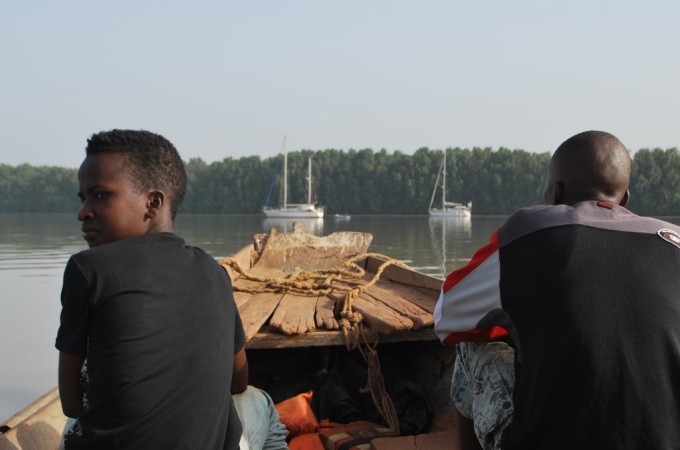
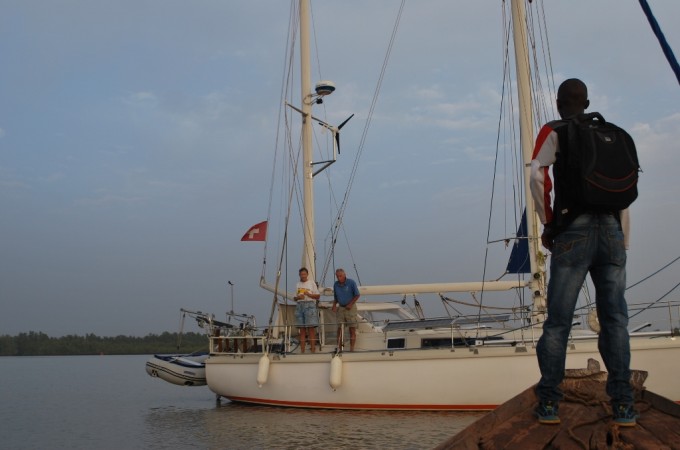
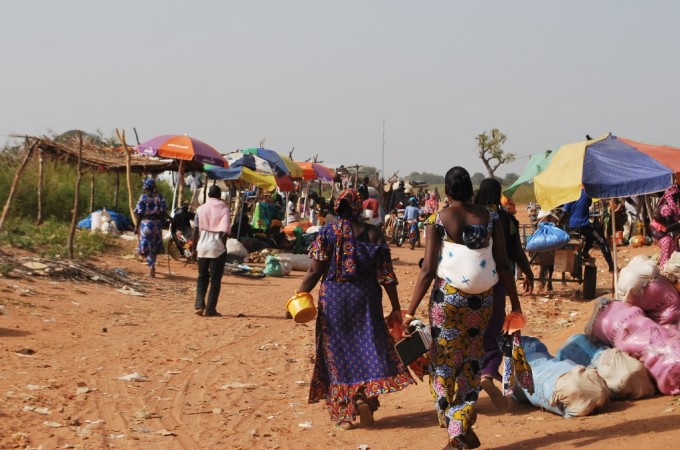
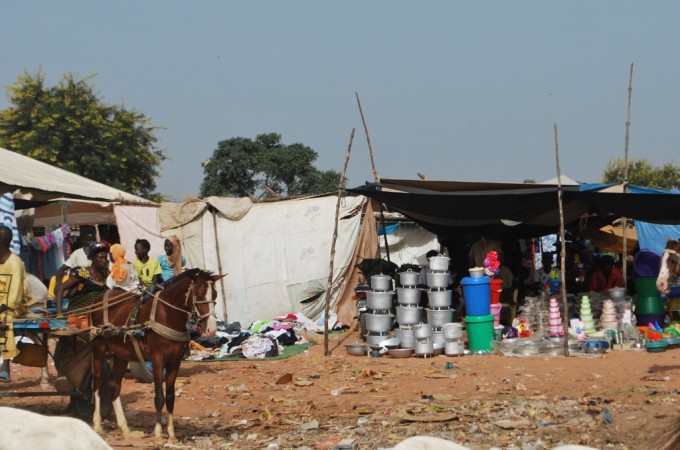
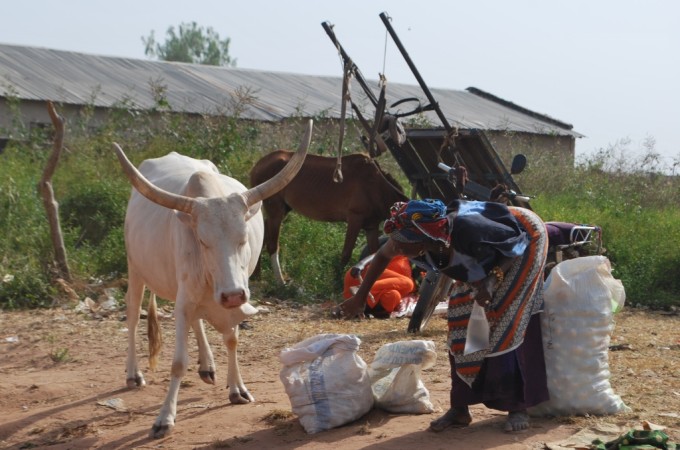
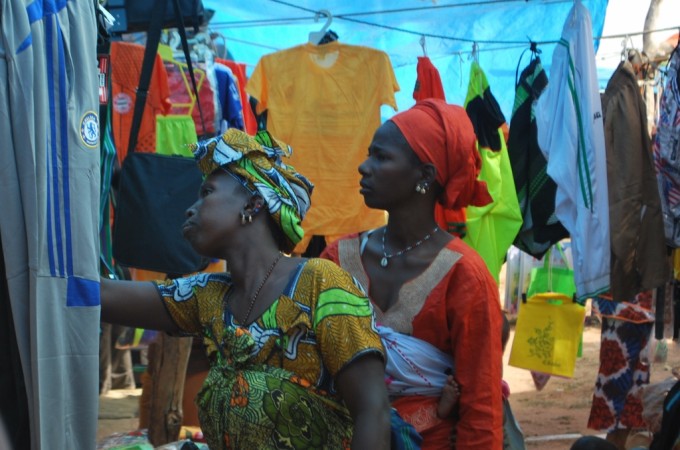
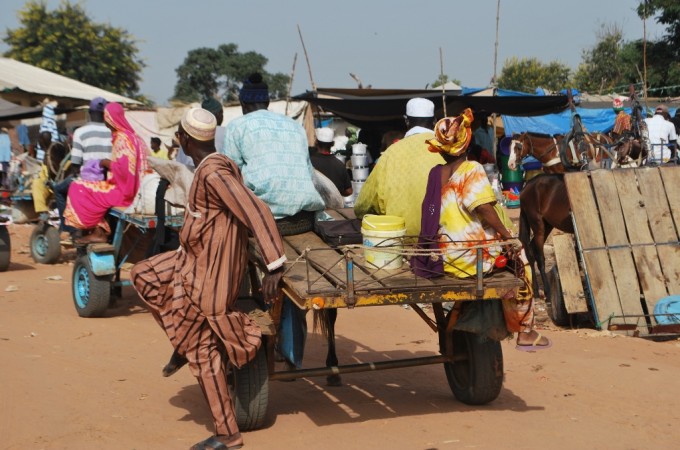
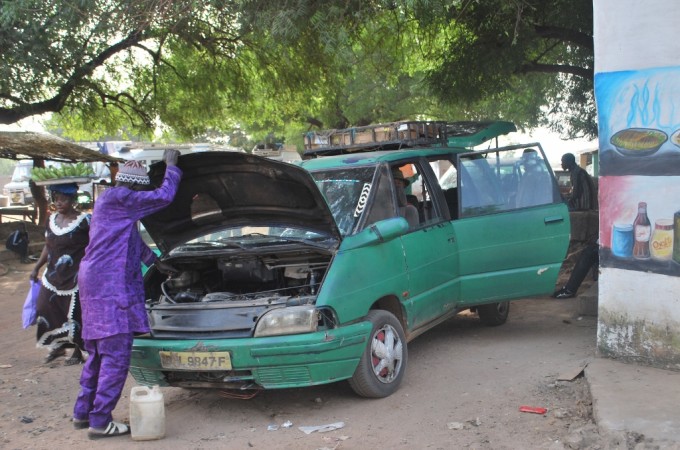
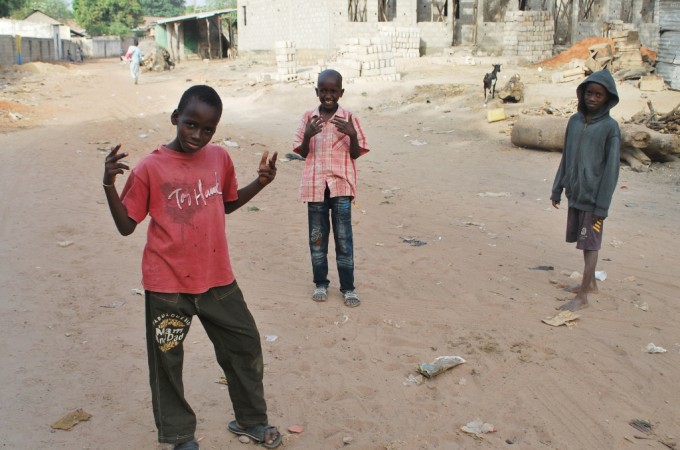
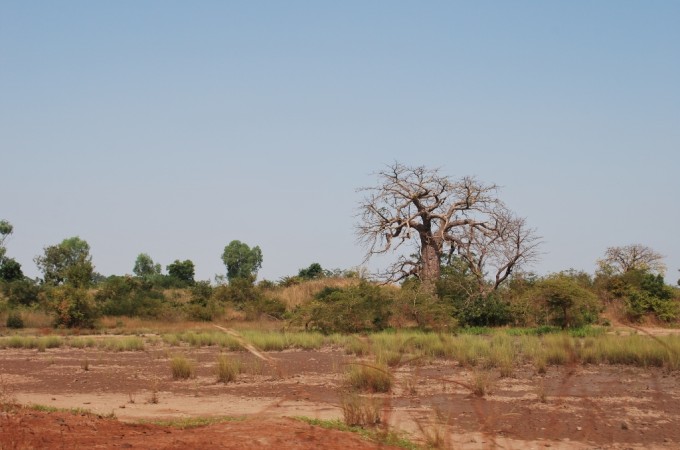
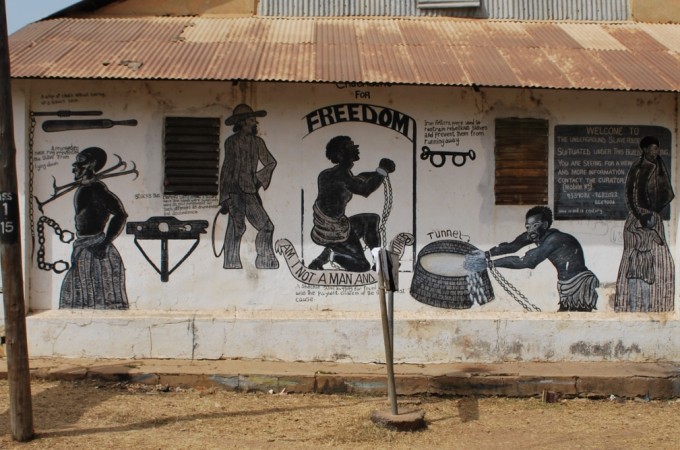
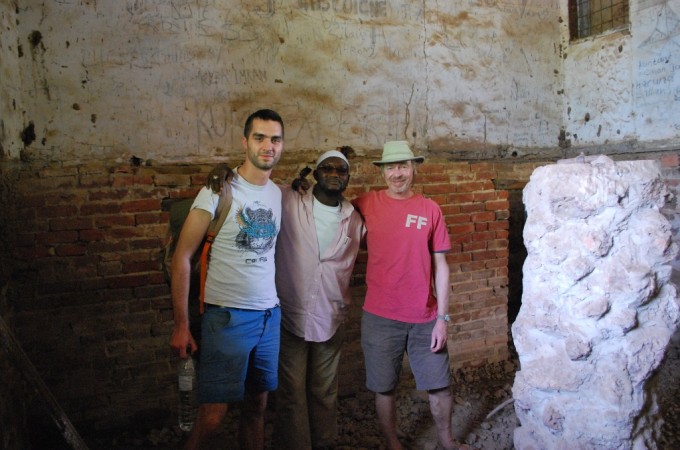
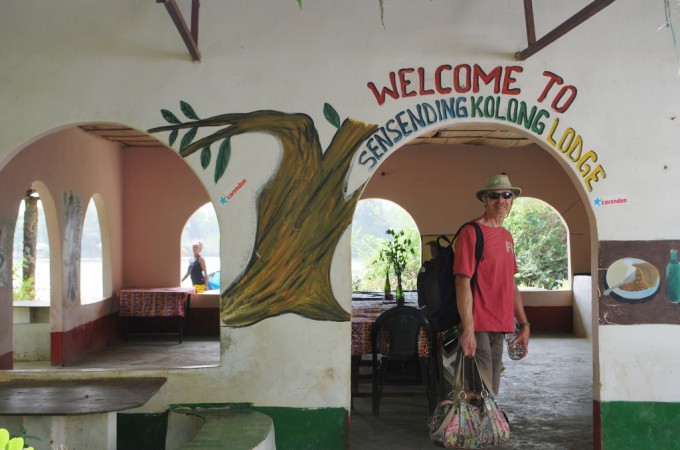
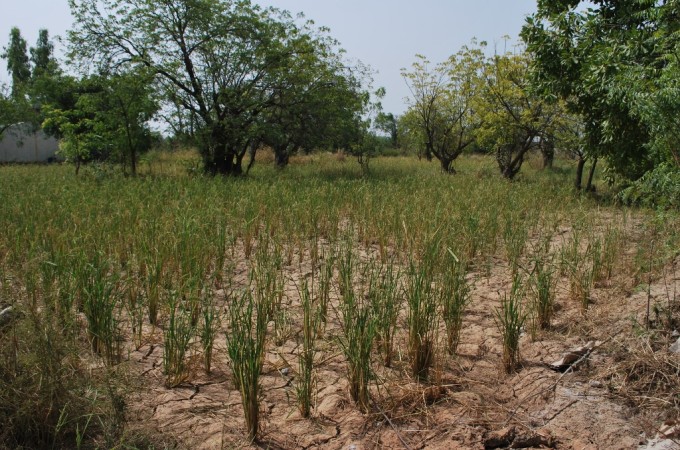
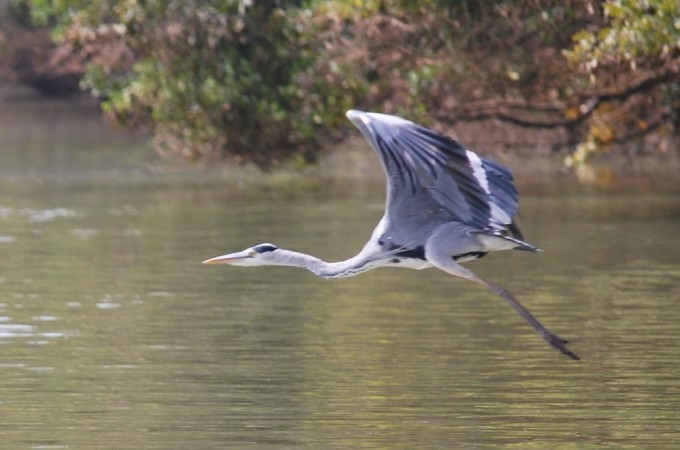
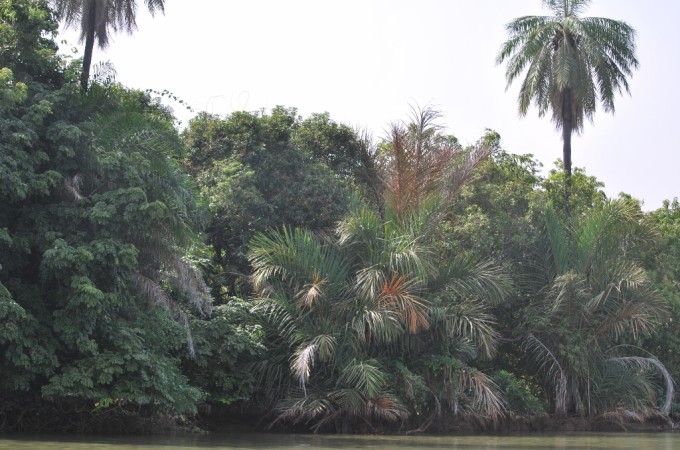
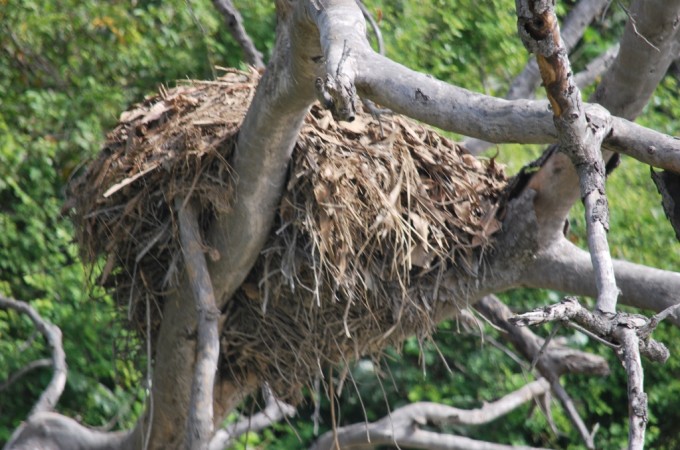
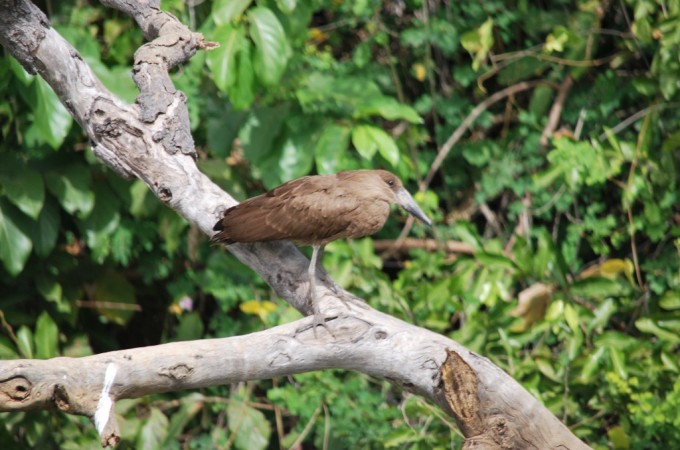
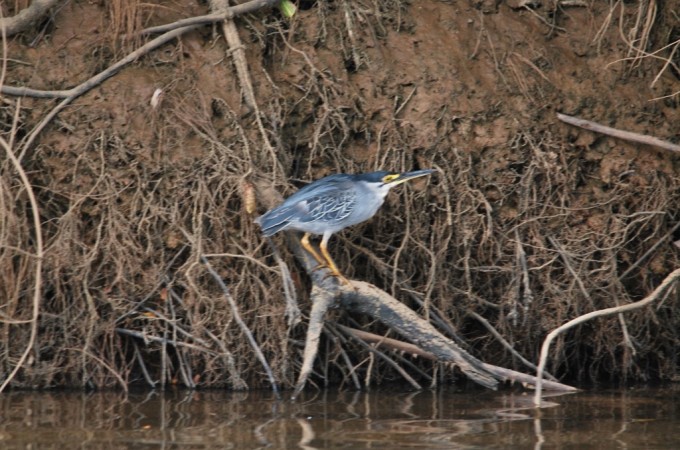
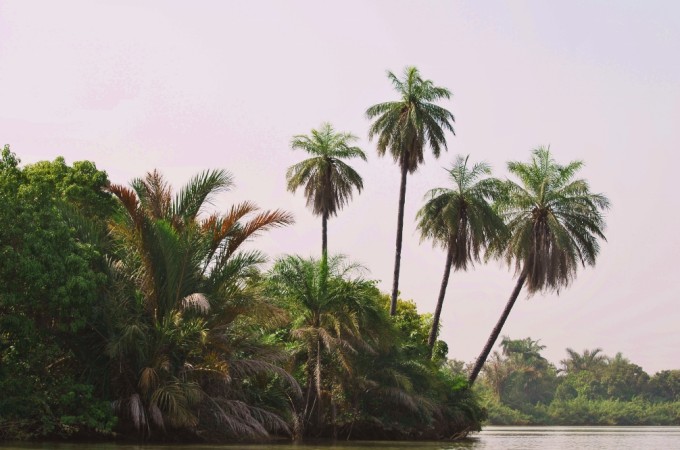
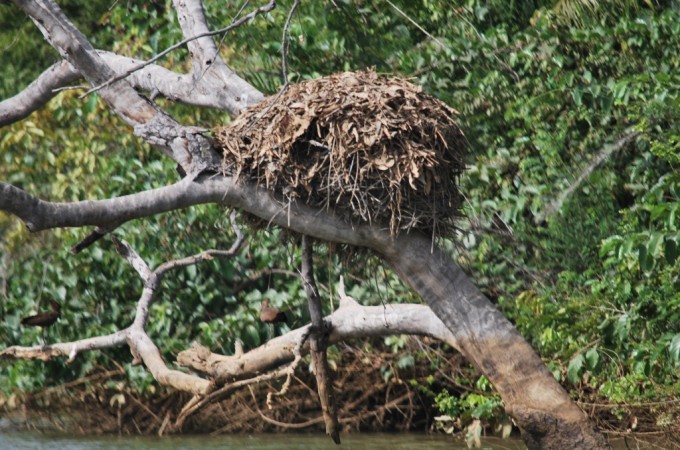
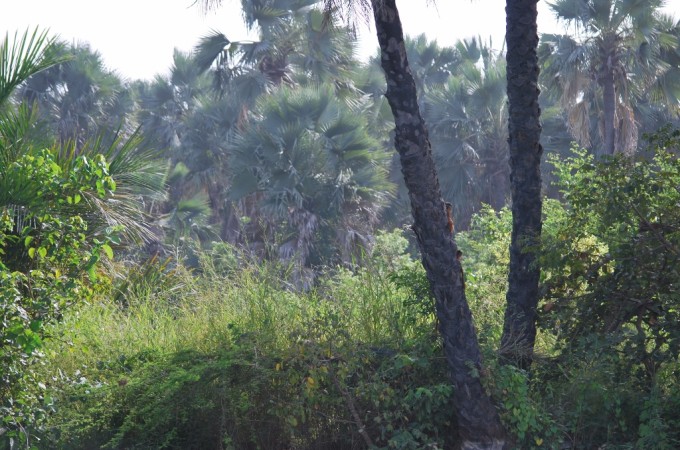
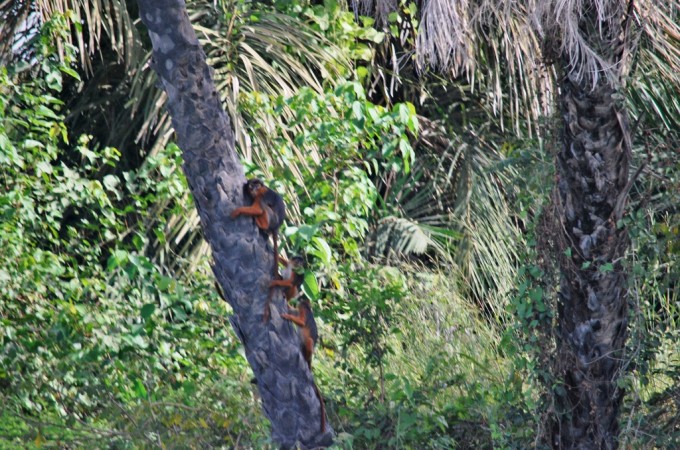
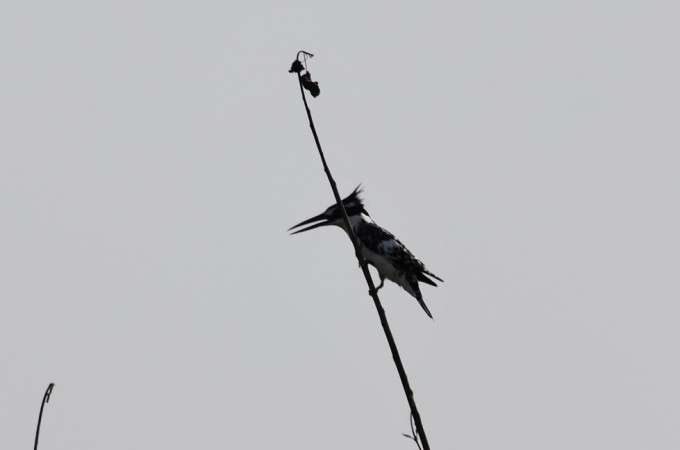
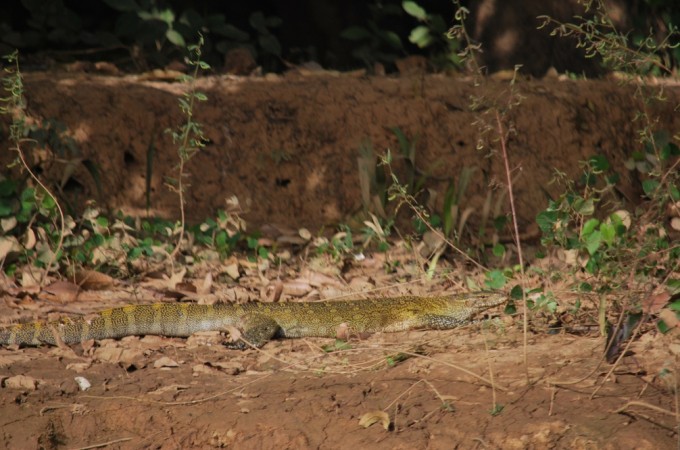
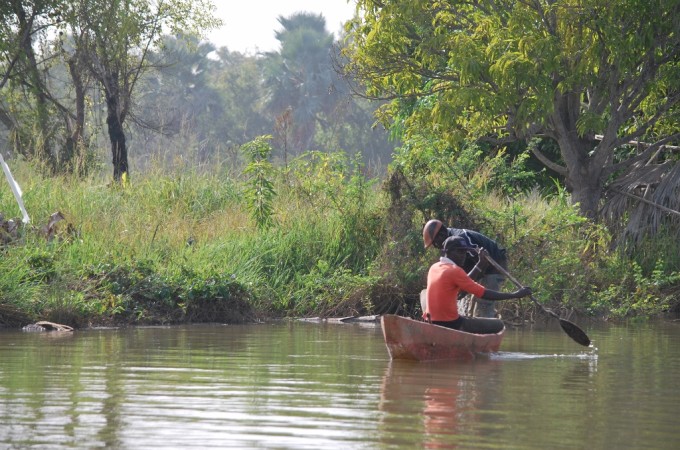
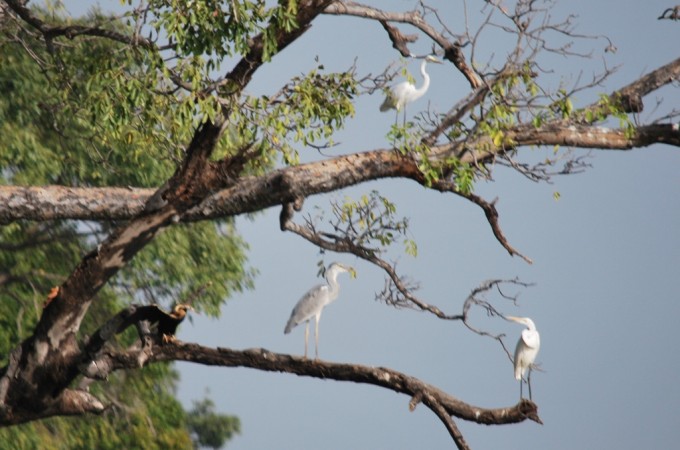
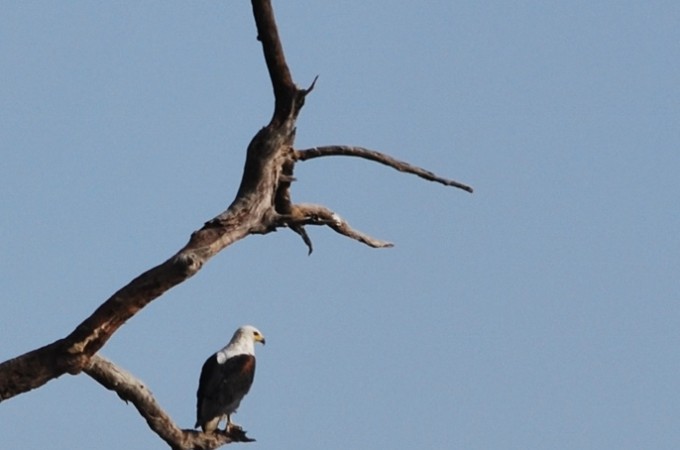
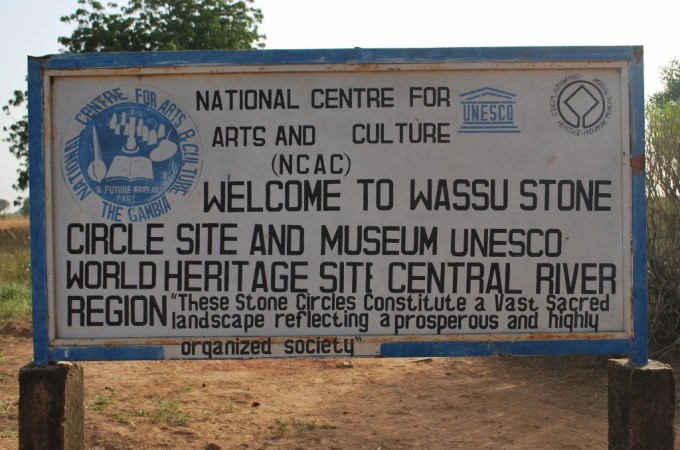
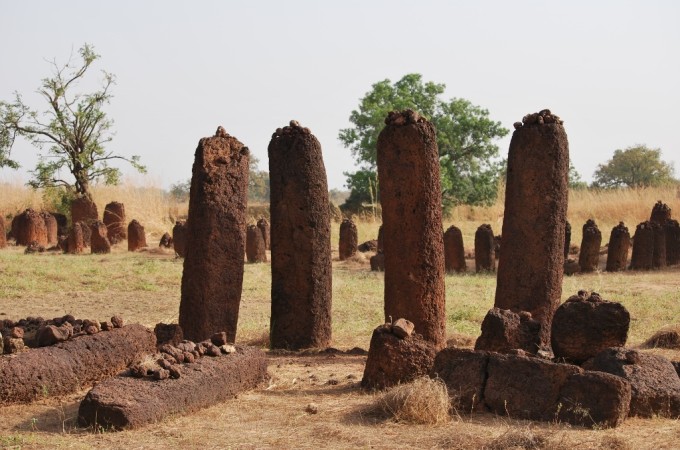
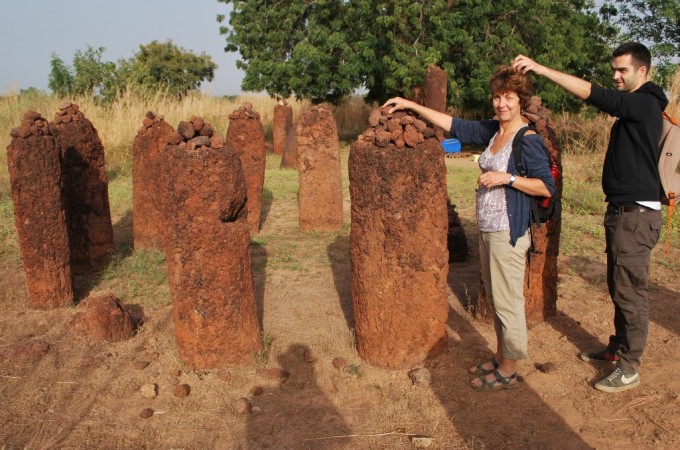
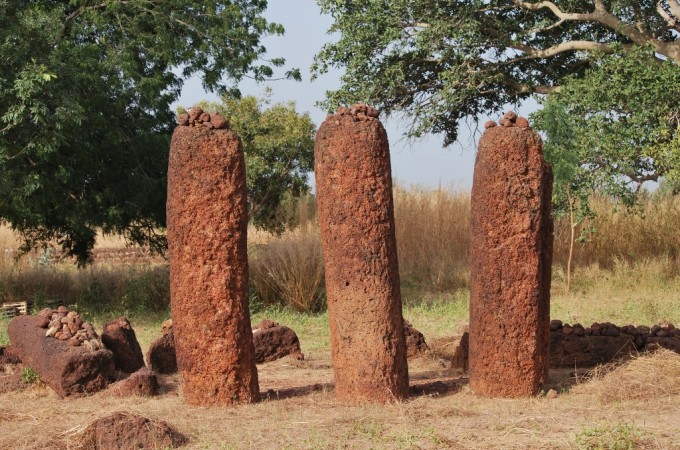
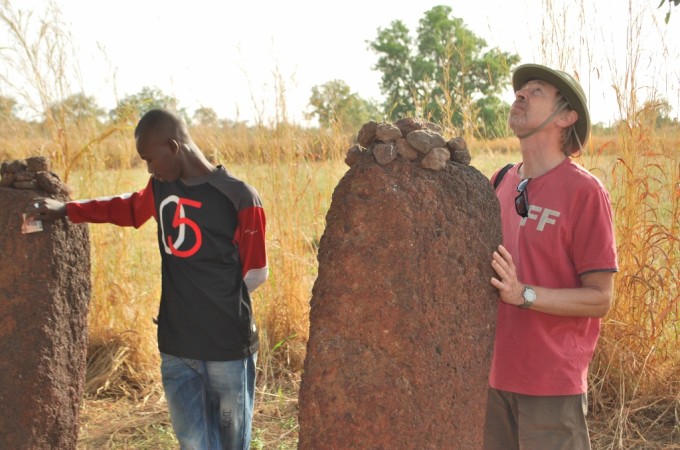
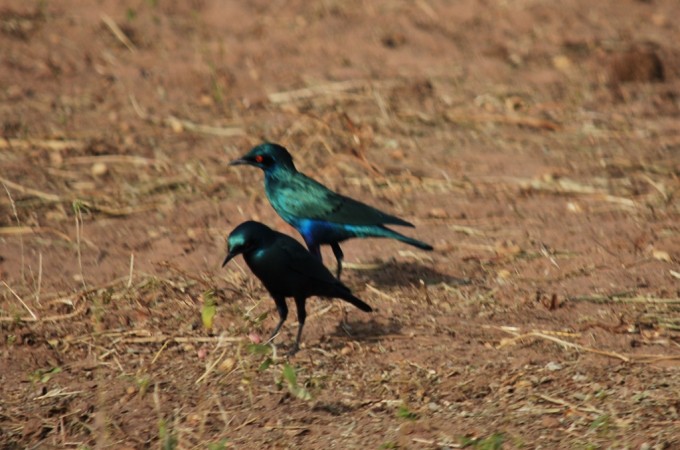
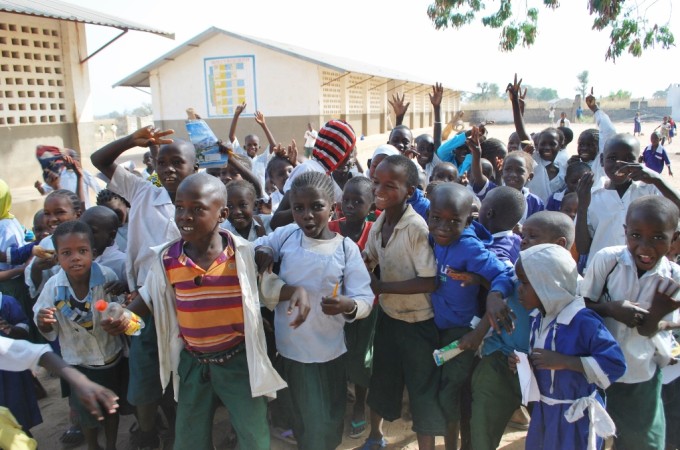
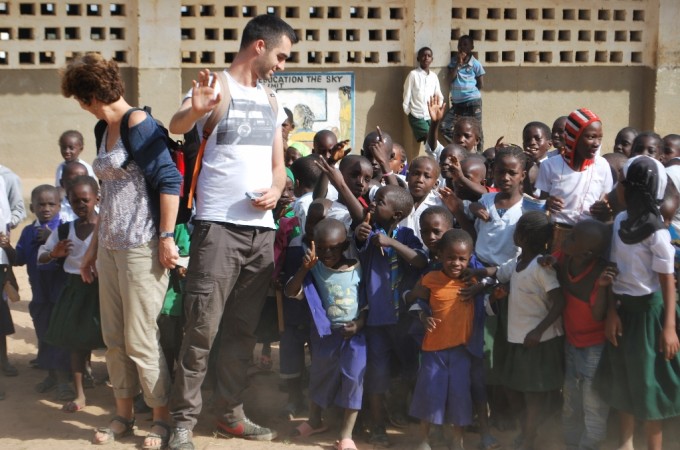
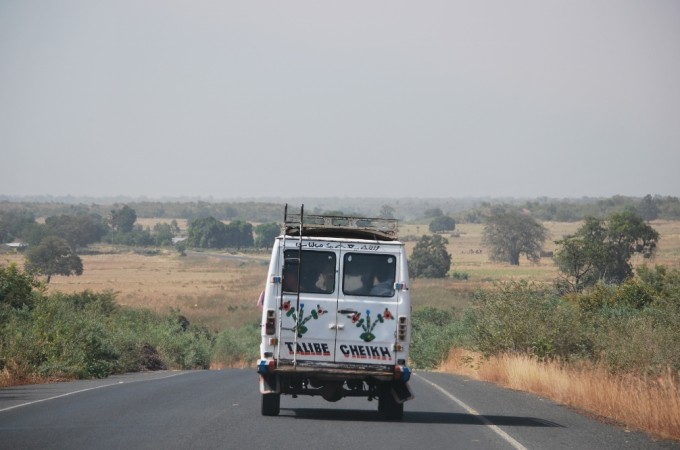
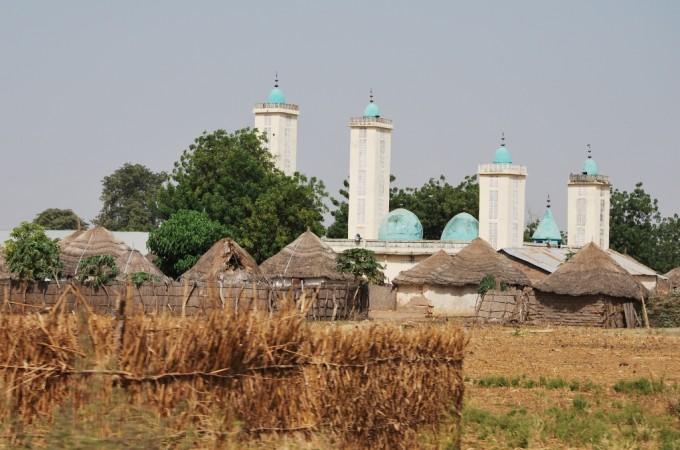
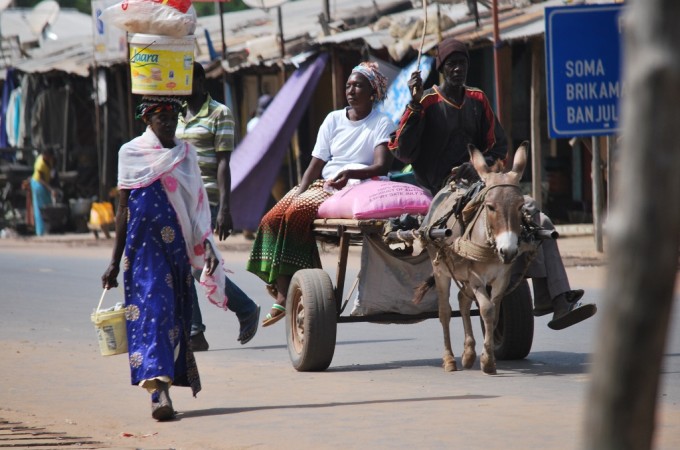
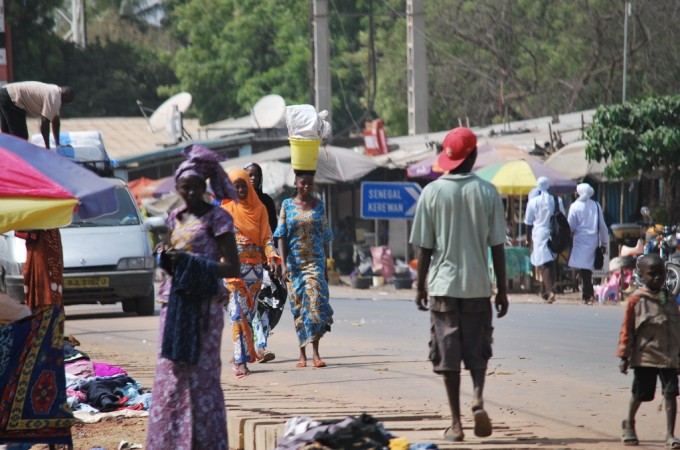
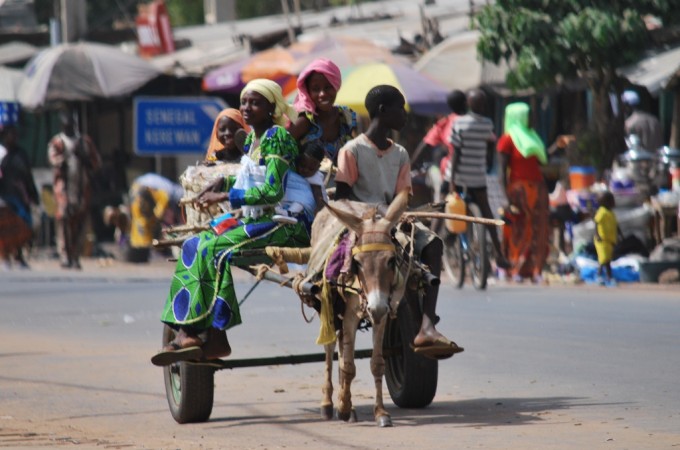
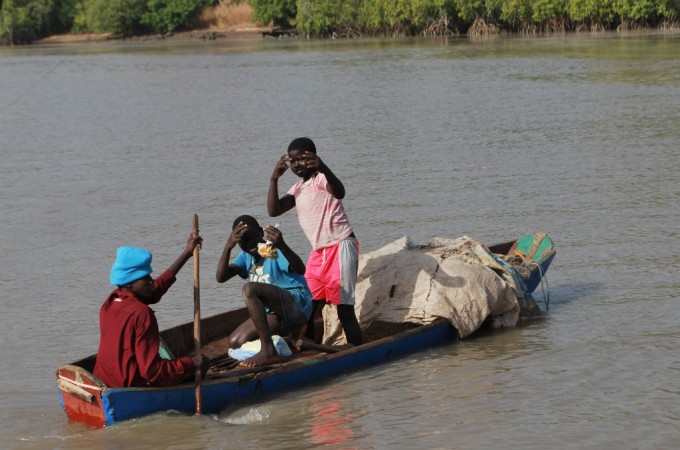
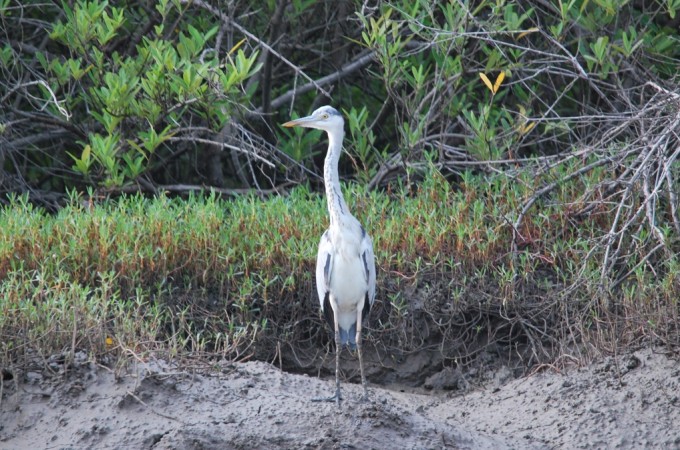
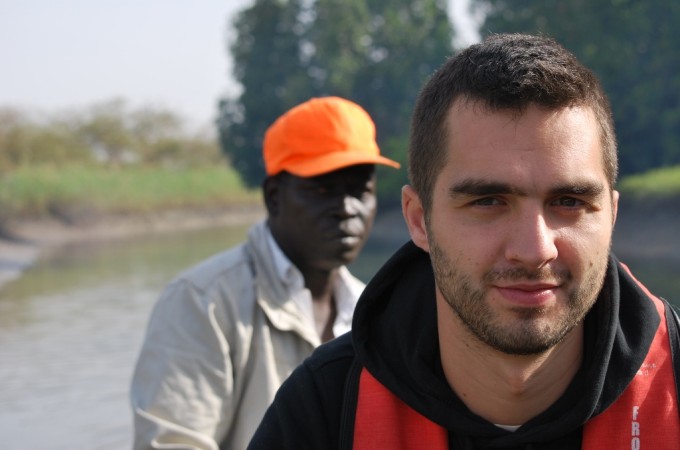
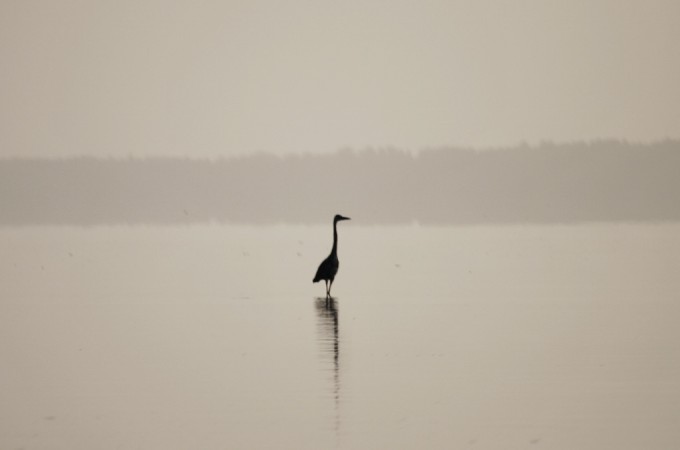
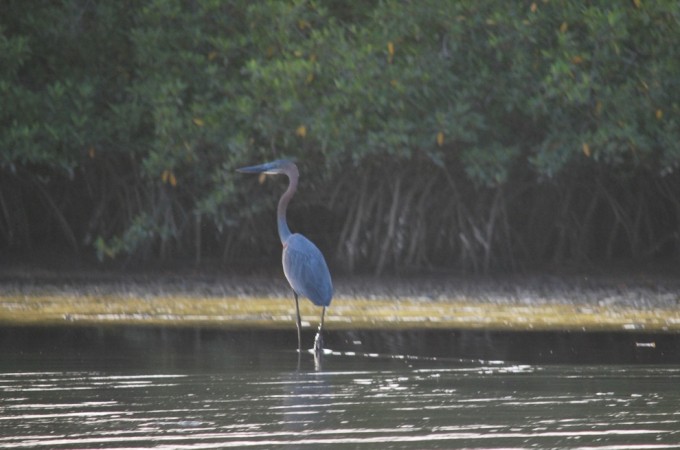
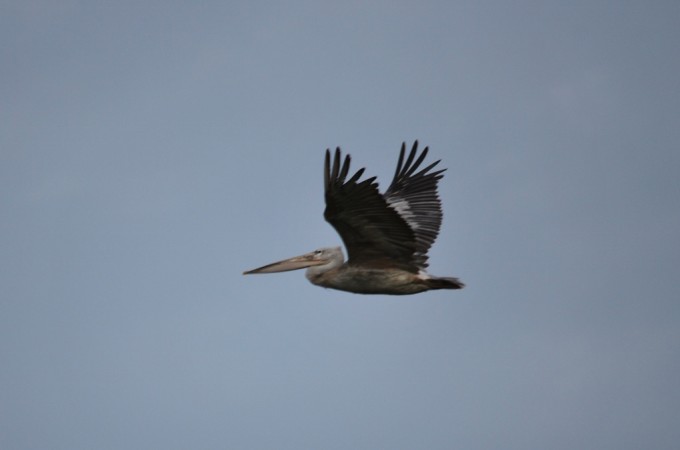
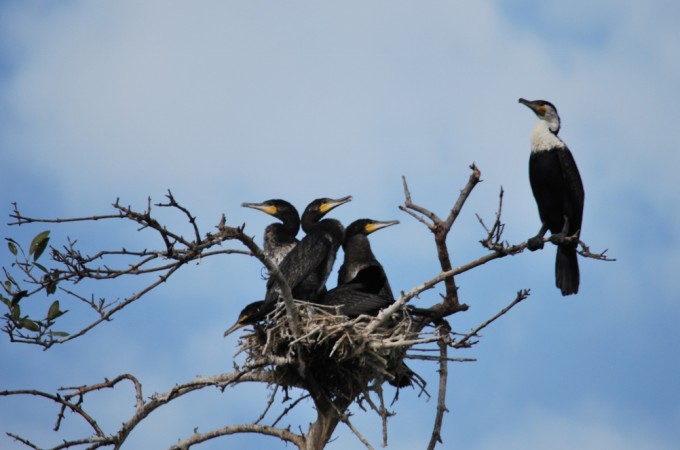
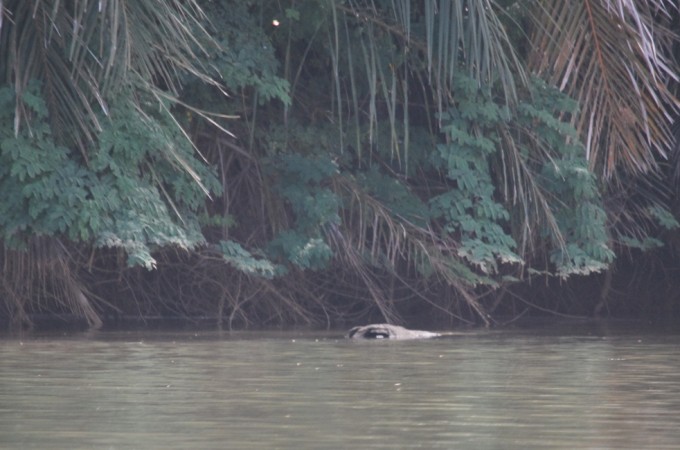
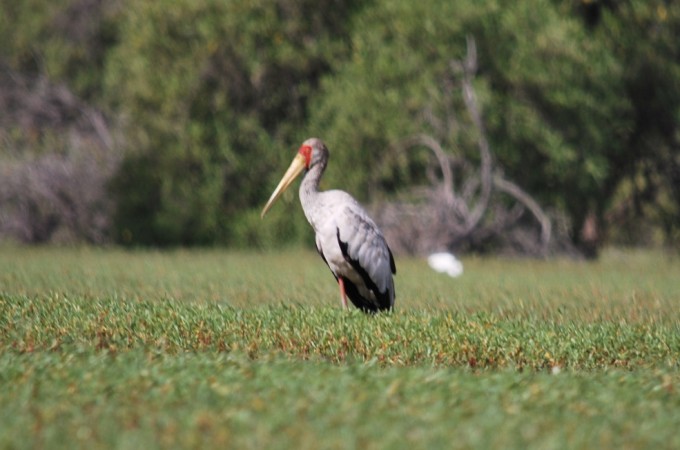
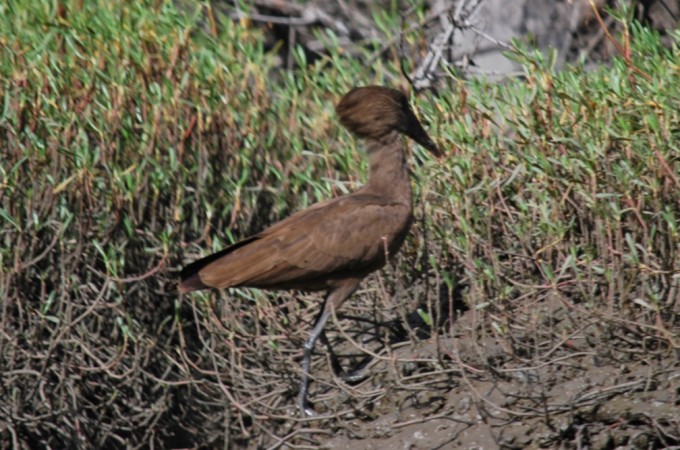
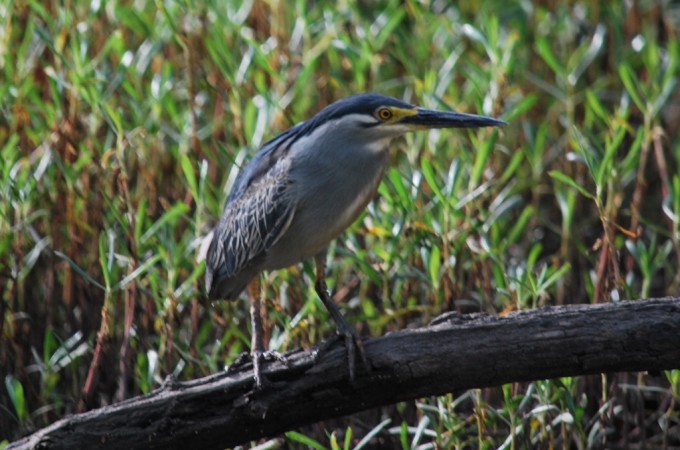
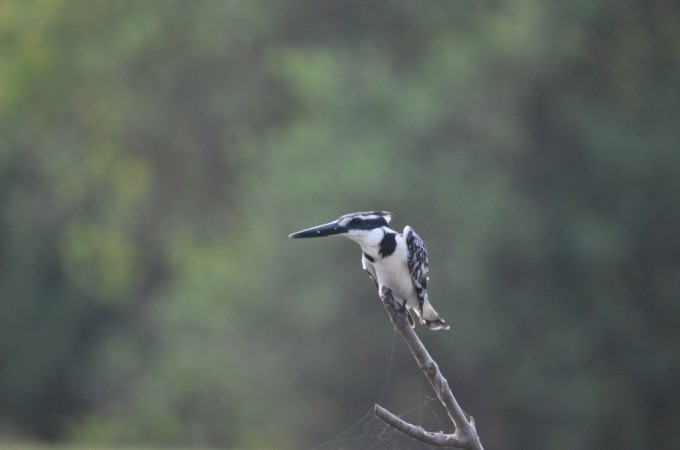
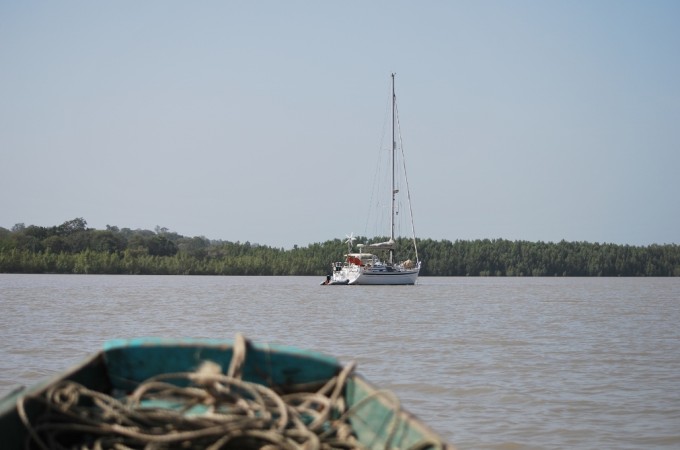
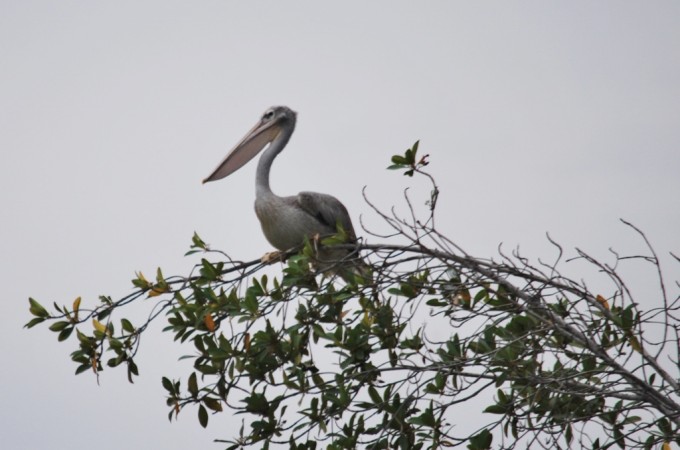
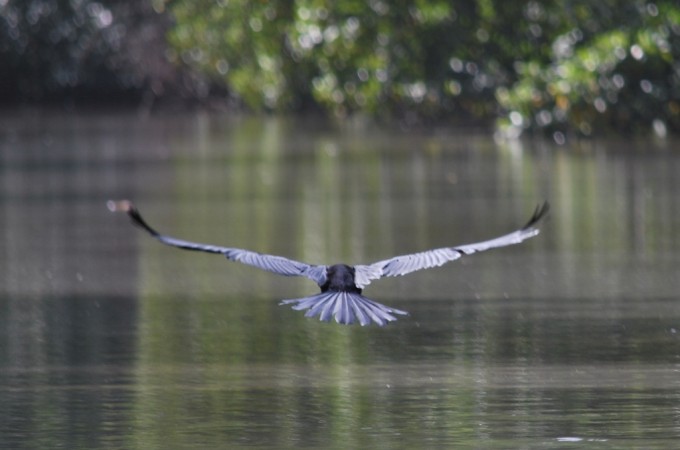
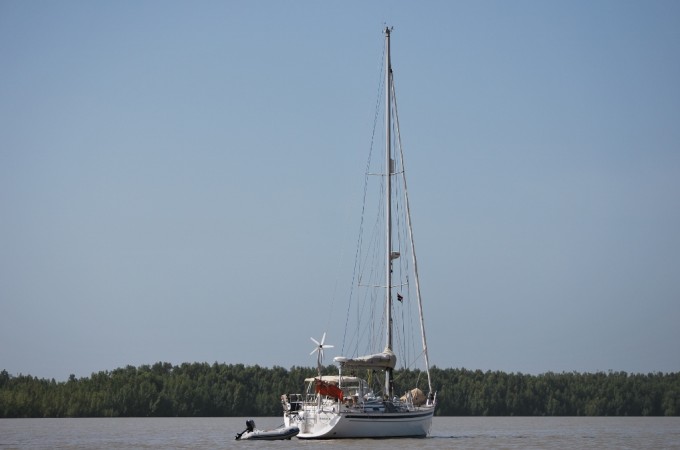
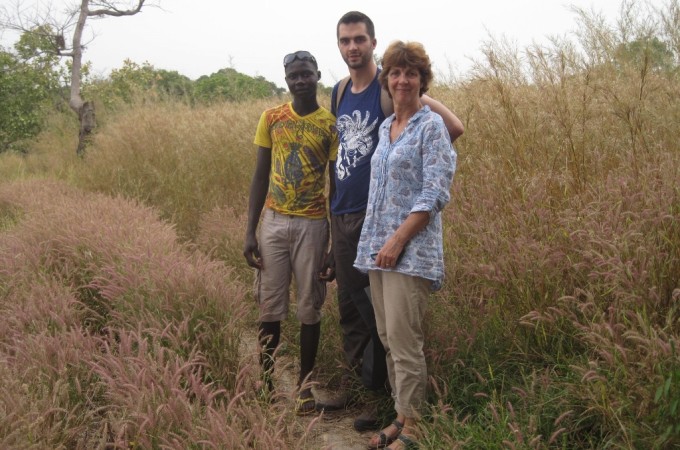
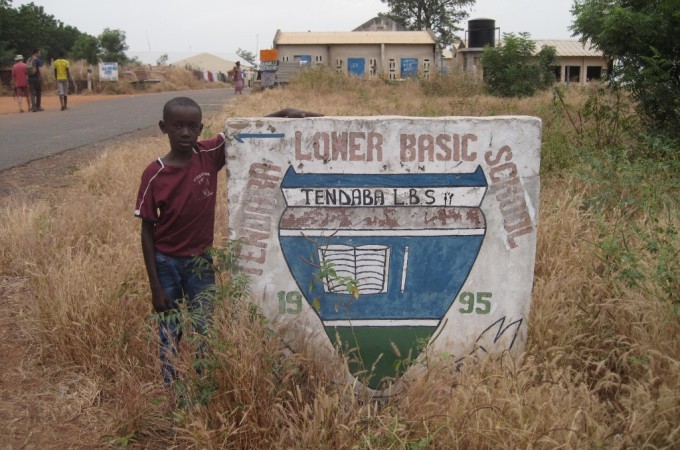
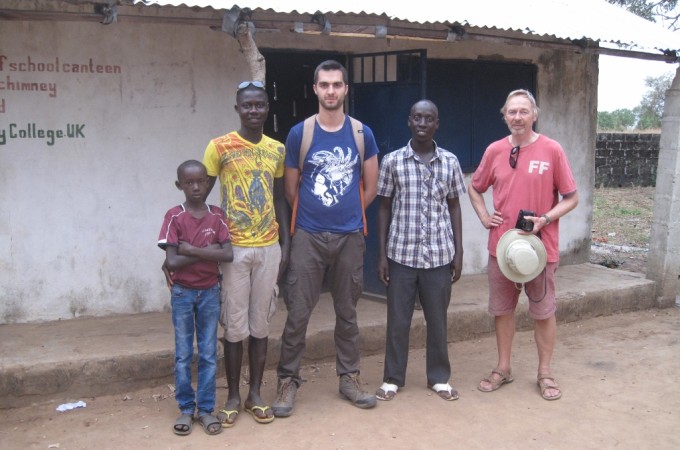
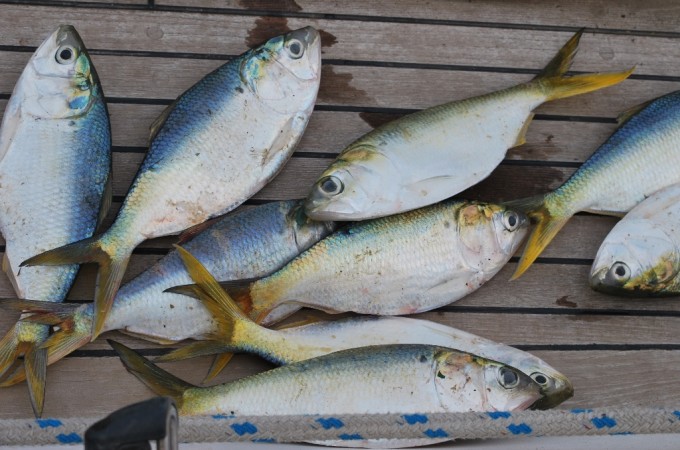
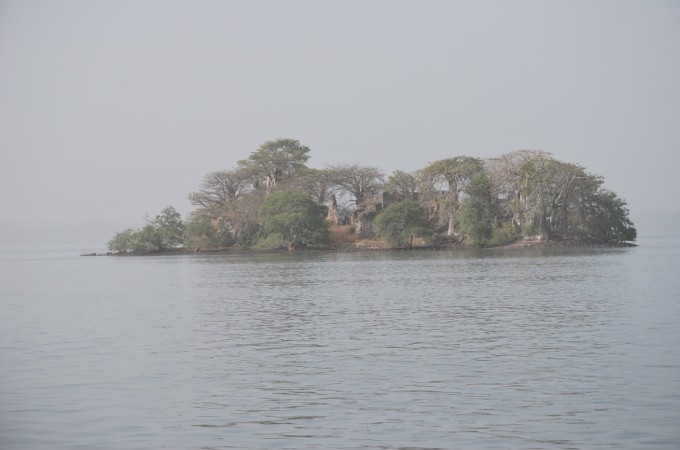
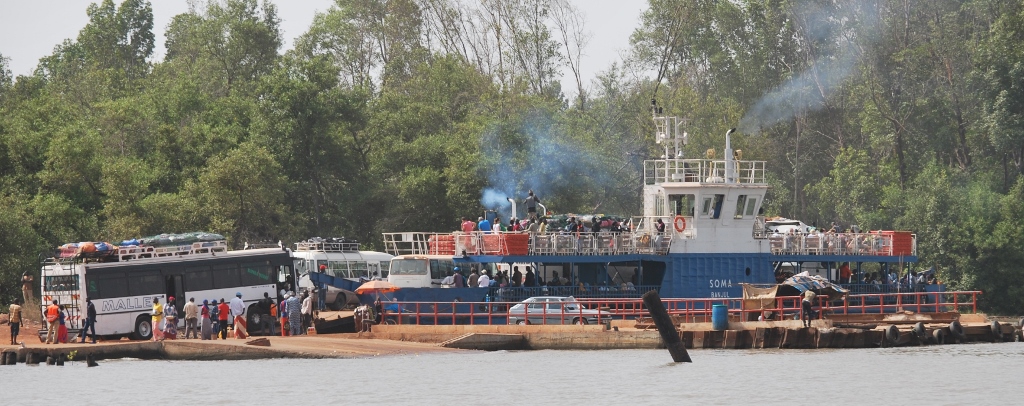
9 Comments
Annie Sparkes
December 14, 2015 - 6:53 pmDespite the lack of photo – intrigued to know what was the mission statement on the health centre
annie
December 21, 2015 - 2:52 pmOh gosh, the usual stuff about improving the health standards of the nation 😉 x
Amanda
December 14, 2015 - 9:29 pmIt’s so lovely and very refreshing indeed to hear about real life going on outside the craziness of a London Christmas. But I guess the experience, especially of such in-your-face corruption, must engender mixed feelings. Or are we feeling the same things? Ha! x
annie
December 21, 2015 - 2:51 pmIt is truly wonderful to be away from the usual pre-Christmas stresses. I think we understand the corruption in view of the economic and political problems here and it hasn’t spoiled our enjoyment of the place at all. Most people have been very lovely and friendly. It provides good stories too. xx
Deb Alway
December 18, 2015 - 8:59 amFantastic !! So enjoying your blog. Move over Michael Palin & David Attenborough !
annie
December 21, 2015 - 2:43 pmThanks Deb. Don’t think they’re too worried 😉 xx
Ben
December 20, 2015 - 1:51 pmThe writing is so beautifully done!
We hope you carry on having a lovely time and we will be thinking about you both over Christmas.
Much love,
Ben and Nina
annie
December 21, 2015 - 2:42 pmAhhh thank you. Lots of love to you both A&H xxx
Elaine
November 22, 2016 - 12:16 amRe the entry for December 14, 2015 – you mention Sensending Kolong Lodge – I’ve been searching for info on it online but can’t find anything. Do you have any links, info, etc. that you can share? Thanks.